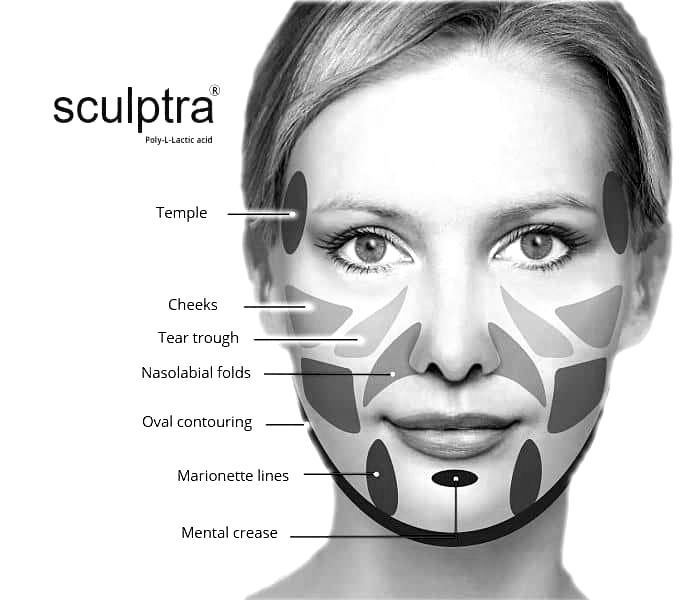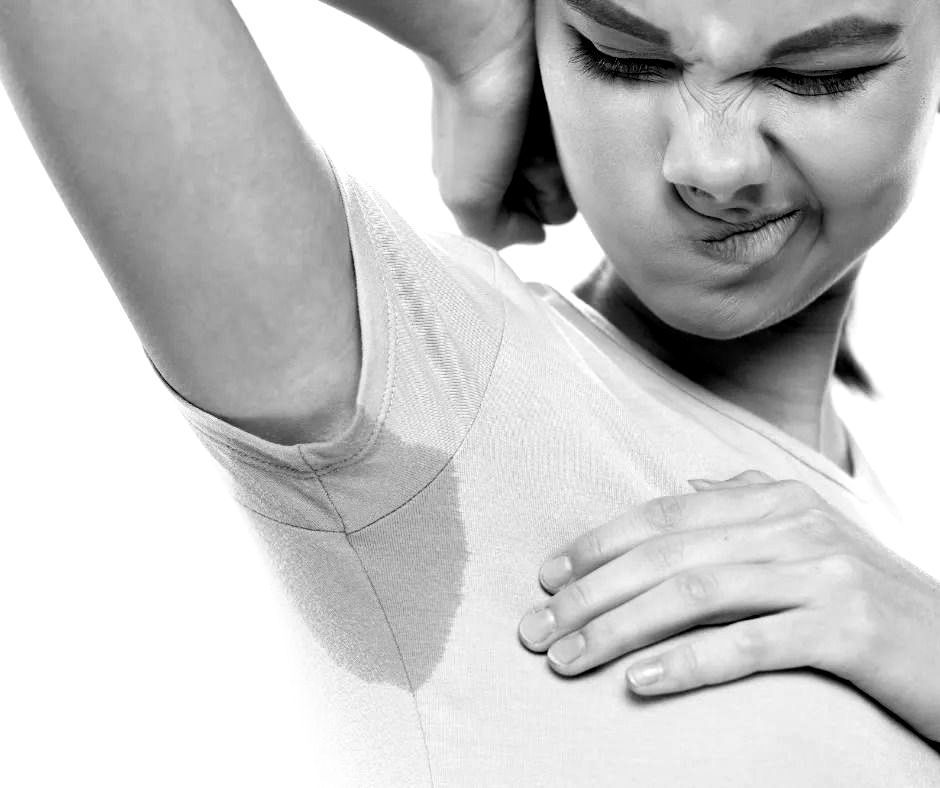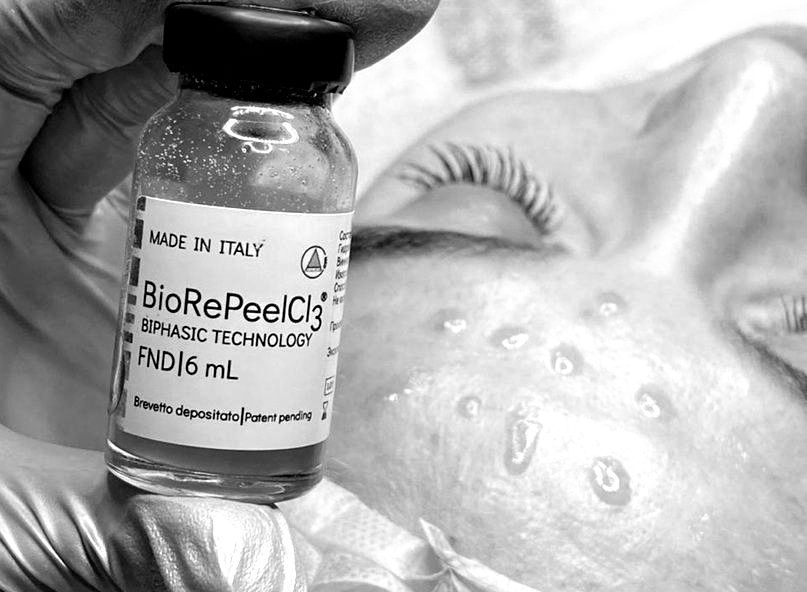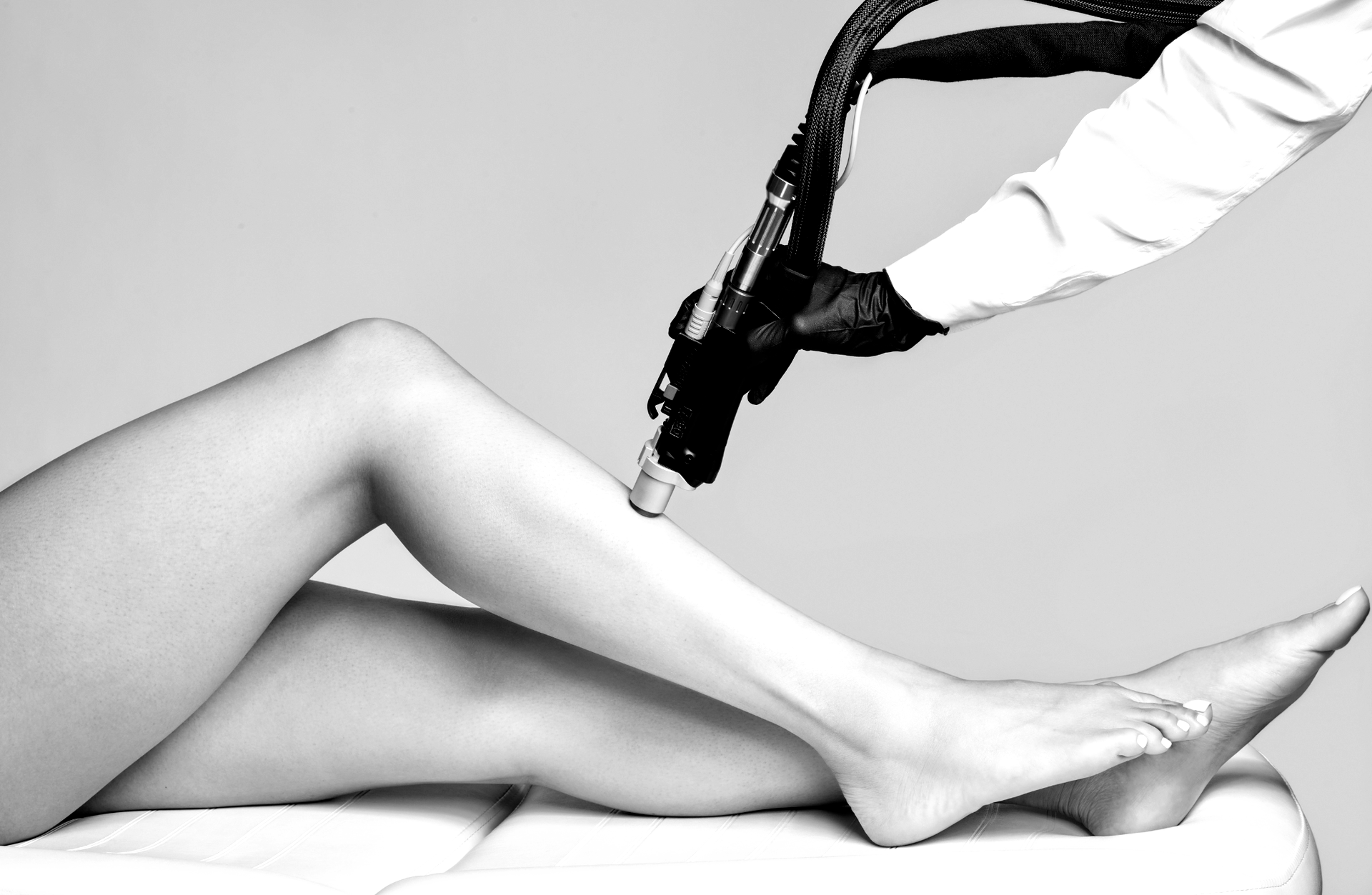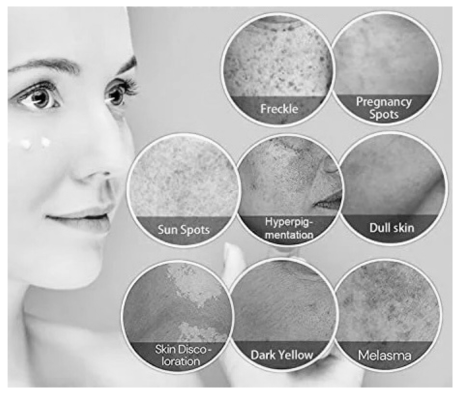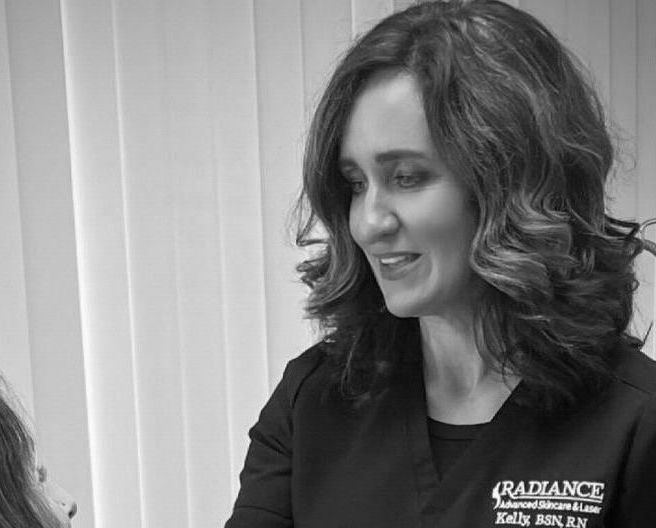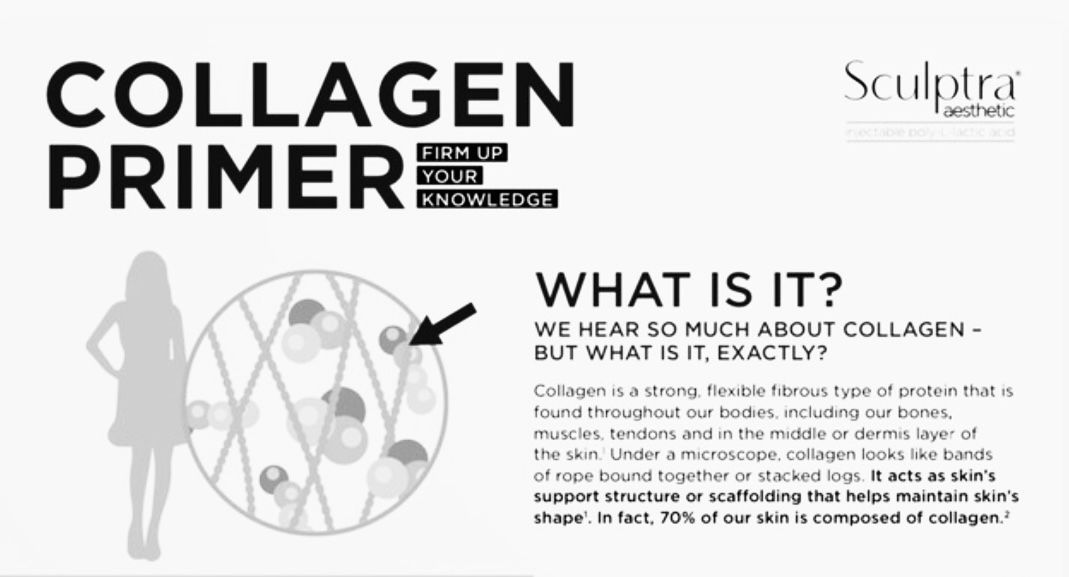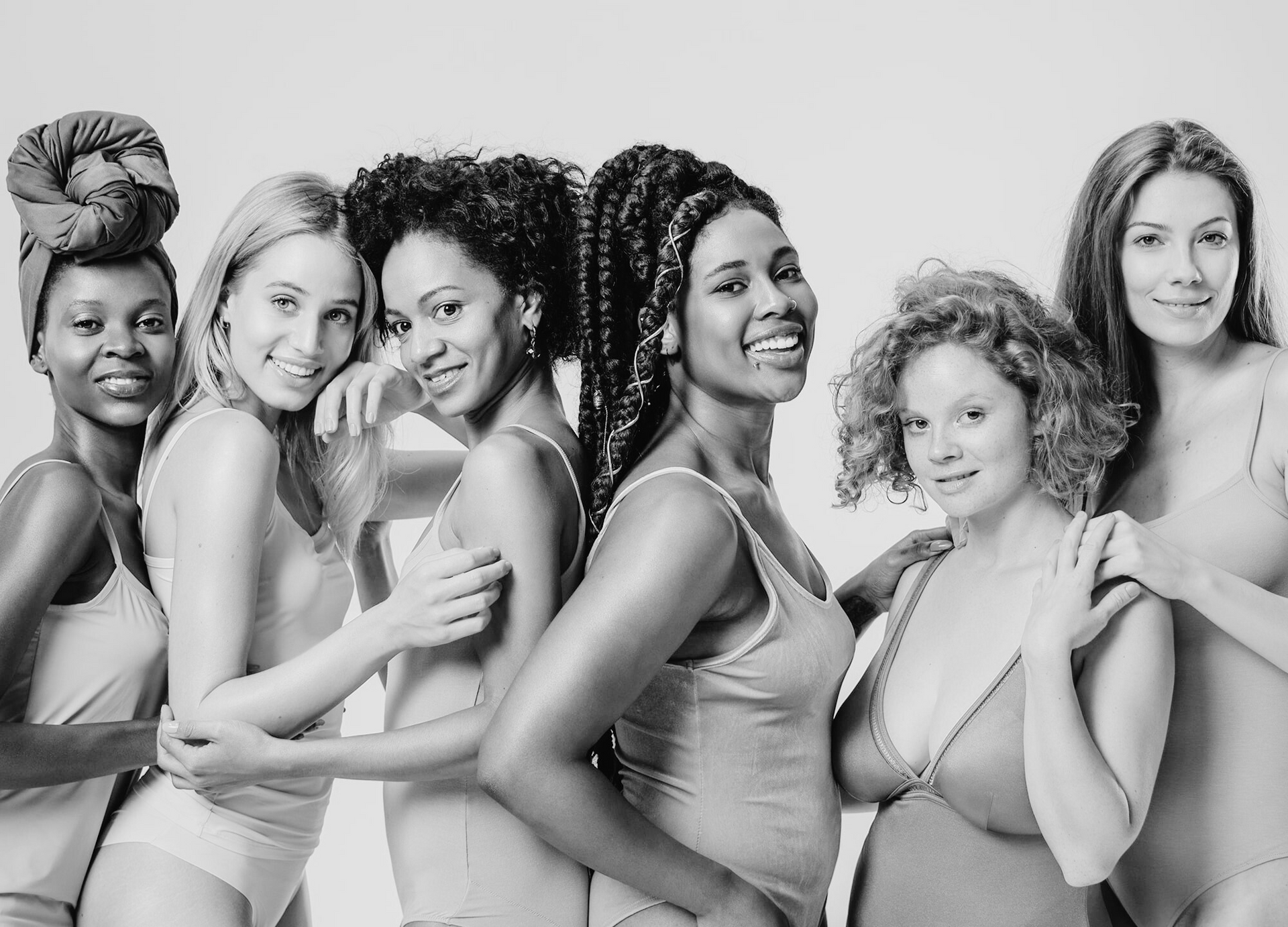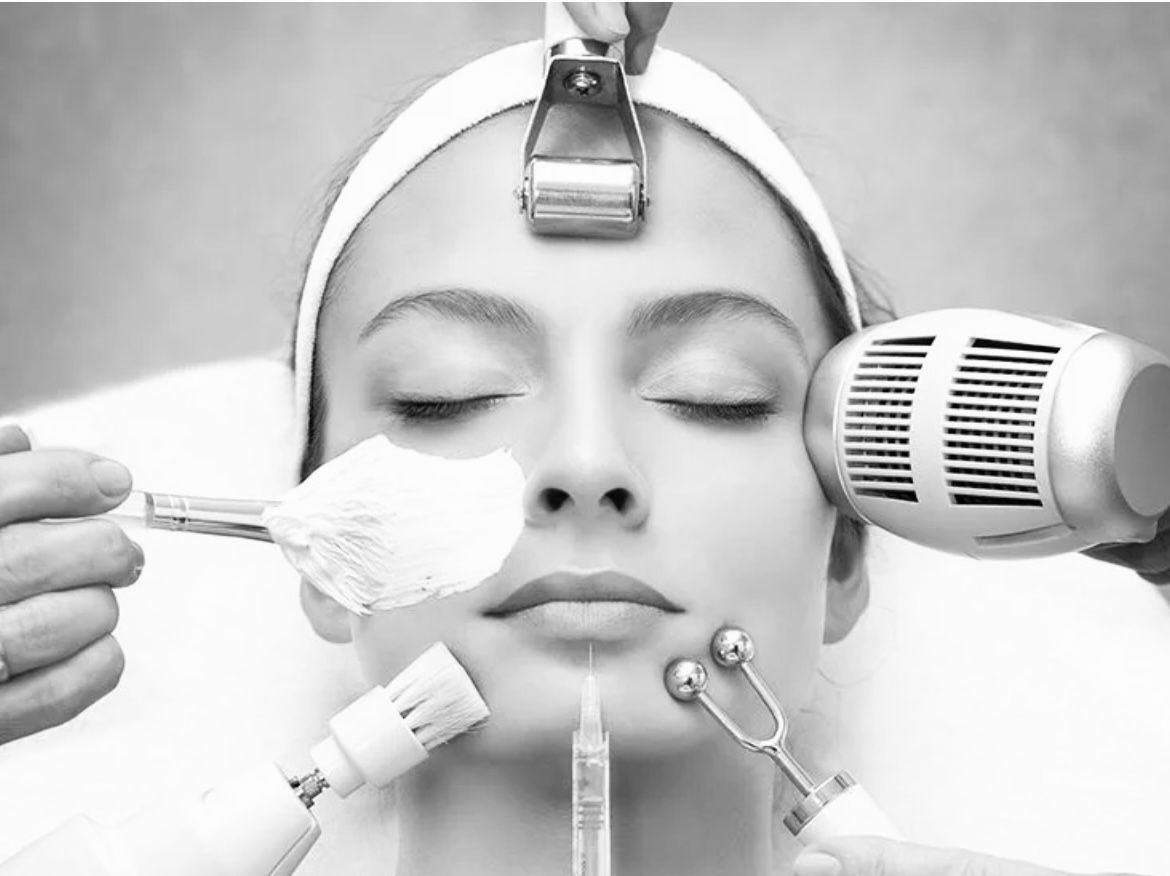Menopause, Wisdom and Perennials
Menopause, Wisdom and Perennials
Menopause is Not the Ending, it's a New Beginning
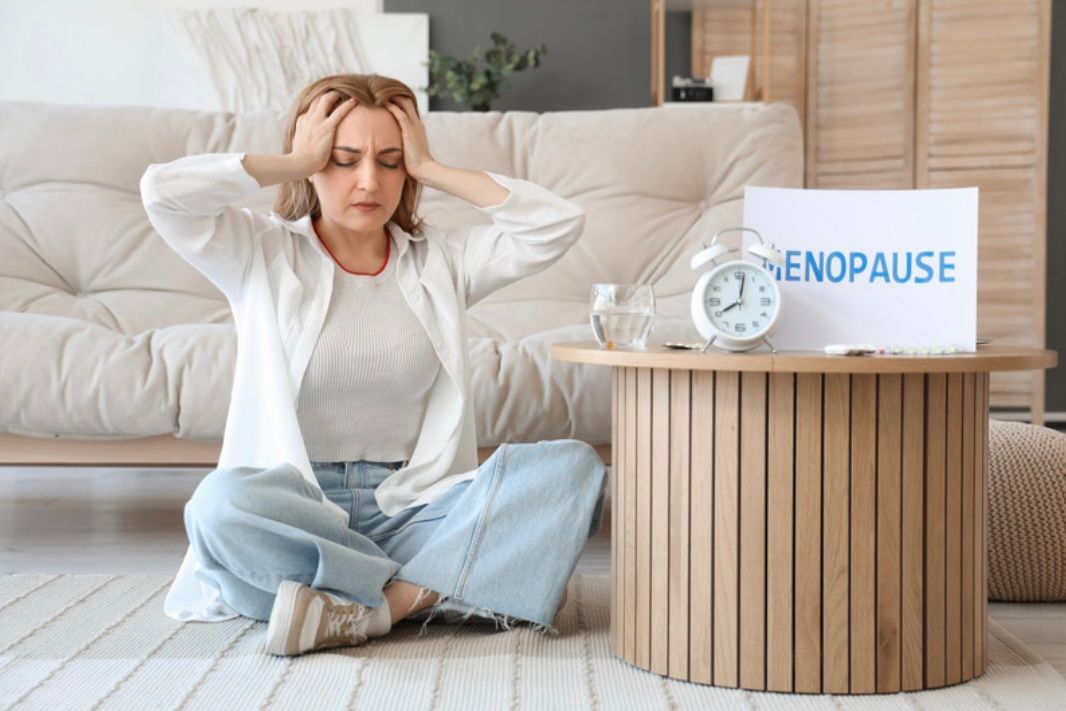
It’s time to discuss women and the journey through perimenopause, menopause and post menopause. Let’s get to know our beautiful bodies and make some sense of it all. Although we may not find a perfect fix to all symptoms, we can for sure find a camaraderie of support amongst ourselves.
In case you are not aware, I am not an expert on this topic! However, I am post menopausal and have conversations daily with multiple women looking for answers, advice or just validation of their own experience. This has led me to my own journey of discovering Dr. Lisa Mosconi, Dr. Aviva Romm, Dr. Sharon Malone, and Dr. Mary Claire Haver to name a few. Resources are readily available through social media, podcasts and my personal preference of good old fashioned books. These amazing authors are fierce advocates for increasing education and furthering research. I now share my resources to help you all as much as I am able. I would love to hear of other experts that you may have all discovered.
Without getting into too many details…we could go on and on but we have the above books to read, so let’s look at a few, quite impressive facts. All the more reason to empower ourselves with knowledge.
- Women make up half of the population
- All women go through menopause
- Women of menopause age are the largest growing demographic group. By 2030, 1 billion women worldwide will have entered or will be about to enter menopause.
- Most women spend about 40% of their lives in menopause
- All women, menopausal or not, possess an organ that that is directly impacted by menopause and hormonal fluctuations, which has been LARGELY ignored: the BRAIN
- Over three quarters of women develop brain symptoms during menopause
Clearly, we as women need to be our own advocates and learn as much as possible about how our bodies are changing. Per Dr. Mosconi, the importance of formalizing the concept of menopause brain is to let us all know that the symptoms we have are very real and need addressing. We don’t need to suffer, we’re not alone and most importantly… We are NOT crazy!
Symptoms include:
- Hot flashes
- Sleep difficulties
- Mood changes-irritability, anxiety, sadness, depression
- Memory lapses-trouble recalling names, dates
- Difficulty concentrating
- Slower cognitive processing-brain fog, trouble thinking clearly or making decisions
- World retrieval problems
- Decreased multitasking abilities-(this may be good for some of us!)
- Low energy
- Low libido
Treatment options to treat menopausal symptoms include Hormone Replacement Therapy, which is widely underused in this country. Hormone Replacement Therapy is a topic for its own blog, but it is there for all of us that are suffering. You may or may not be a candidate, but the conversation should be started with your knowledgeable health care provider. Many of the above stated authors also offer insight into Hormone Replacement Therapy as well as other hormonal and non-hormonal options and their many, many layers. Exercise, diet high in plant food ie. fruits veggies, whole grains and legumes as well as stress reduction remain consistent themes as treatment options. Other options include botanicals and supplements.
Now, let’s talk skin. Menopause is the second largest hormonal shift after puberty for women. The hormonal changes affect various organs, particularly the skin, making the natural skin barrier more sensitive and vulnerable to irritation. The diagram below provides a good visual representation of the stages of menopause and the decline of estrogen levels.
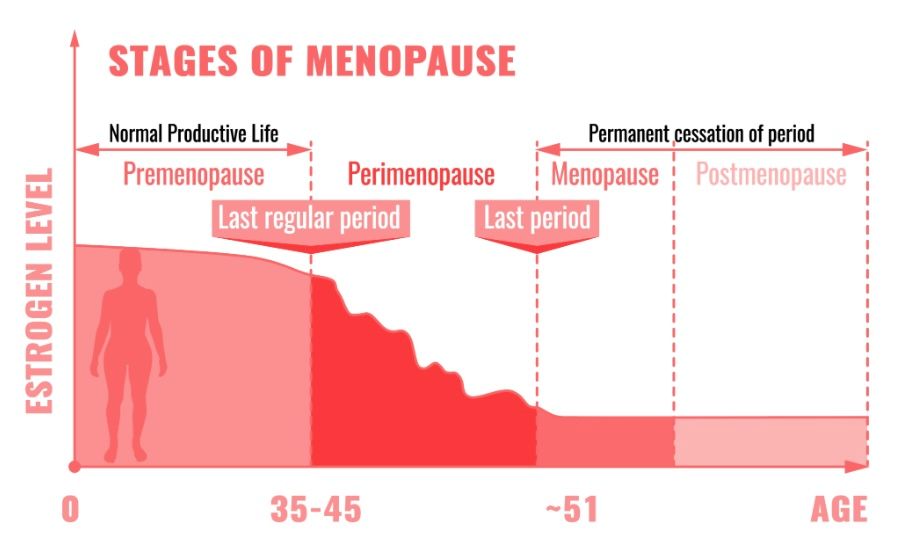
It is estimated that almost half of women experience skin issues during menopause. Reduced production of estrogen, progesterone, and testosterone, and increased production of cortisol during this period are responsible for the inevitable skin changes that women face.
The list below reflects changes to the skin and bone, which are caused mostly by the loss and or decrease in estrogen as well treatment options:
1. Dry & Itching Skin
Estrogen acts as one of the skin’s natural hydration boosters as it facilitates the production of ceramides, natural hyaluronic acid, and sebum. In the absence of these substances, water easily evaporates from the skin, leaving it dry. Dry skin can then become irritated, causing itching. At home, medical grade skincare is of utmost importance in this category. In office treatments include hydro-facial, microdermabrasion, facials and BioRePeel can all address this issue.
2. Delicate Skin or Thin Skin
Reduced levels of estrogen can also cause the skin to become more fragile. Estrogen is required for collagen production, the protein that gives skin its elasticity and firmness. During the first five years of menopause, skin loses roughly 30% of its collagen, followed by a more gradual decline in the years that follow. While this can cause the skin to lose its plumpness and increase the appearance of wrinkles, it also makes skin more vulnerable to bruising. Collagen also plays an important role in wound healing, with less collagen, skin can take longer to heal.
Collagen stimulating treatment options are a necessity starting in our 30’s. Everyone interested in maintaining their collagen and elastin should consider Microneedling with Skinpen, Hyperdilute Radiesse, Microneedling with Radio Frequency and Biorepeel. These options stimulate our bodies to produce our own collagen and elastin, but also leave us with healthy, glowing skin.
3. Acne
While acne is associated with adolescence, it is increasingly being recognized as a condition that impacts people throughout life, including during menopause. While the cause of menopausal acne is multifactorial, hormonal imbalances have the most responsibility for these kinds of breakouts. More research is needed to fully understand the mechanisms underlying menopausal acne. Women that have suffered with acne in adolescence often incur flare ups during menopause. Acne has to be addressed with each individual. Options would include Acne Facial, Sensi Peel, Oxygen Rx Treatment, and various laser treatments.
5. Facial hair
The growth of new, thicker facial hair is fairly common in women of menopausal age. One study found that around 40% of women aged 45 and over reported the growth of excess facial hair, particularly on the chin. The drop in estrogen that happens during menopause changes the balance of estrogen vs testosterone, this relative increase in testosterone can cause coarse facial hair to grow on the upper lip, chin, cheeks and jawline.
Laser Hair Removal is utilized far and wide for removal of unwanted hairs on the face and body. This remains an excellent option for women in all stages of menopause that are finding increased hairs everywhere!
6. Melasma/Pigmentation
Hormone fluctuations can cause skin to become more pigmented, often on the cheeks, upper lip and forehead, this pigmentation is often in patches of brown or gray and is known as melasma. Women with moderate to severe sun damage may experience an irregular skin tone and sun spots/pigmentation.
Melasma remains one of the most difficult skin disorders to treat. At home, medical grade skincare is a must, no sun exposure and understanding expectations are vital with melasma. However, success has occurred with microneedling and some chemical peels. While there is no cure, we are only able to keep it at bay. Pigmented lesions are treated effectively with lasers, chemical peels, then followed by microneedling.
7. Facial Changes
The loss of bone density (which affects the facial bones), and drop in collagen that occurs during menopause and beyond, can alter the facial appearance. This can be a challenging process to endure. Bone density decreases during menopause due to a drop in estrogen levels. Estrogen helps prevent bones from becoming weaker by slowing down the natural breakdown of bone. When estrogen production slows down during menopause, bones break down faster than they regenerate, causing them to lose strength and become less solid. This loss of bone contributes to our loss of our upper lip, cheek bones, and overall hollowness.
There is not an in office cure for bone loss of bone. However, we treat the result of bone loss with Sculptra, Dermal fillers, Dysport, Botox, Xeomin, Microneedling with Radiofrequency, Microneedling Skinpen, and Hyperdilute Radiesse.
8. Loss of Hair on Scalp
Hair loss is a common symptom of menopause for many people. During menopause, estrogen levels decrease, which can cause hair to shed, thin, and become dry. Hair loss may not be noticeable at first, but after a period of excessive shedding, thinning patches may appear near the hairline and in the top center of the scalp.
Nutrafol, an oral supplement and topical serums, have been studied largely and are effective in slowing this process. We as staff of Radiance can attest to the positive effects of this supplement. It treats the body holistically and has shown drastic decreases in Menopausal symptoms! Other options include Hair Restoration with PRP and Microneedling with Exosomes.
Women today are clearly not aging the way our lovely Grandmothers or Great Grandmothers were in our appearances. I believe deeply that although they may have looked “old”, they were still young, vibrant, passionate and confident on the inside just like us. They simply may not have felt free enough to share it. Let’s embrace this transition in our lives, share our thoughts, feelings and knowledge amongst ourselves and PLEASE teach your daughters everything you possibly can about their bodies.
We at Radiance are here for you to slow down and reverse the signs of aging, while bestowing the gift of confidence back to you ALL! One last tidbit from Dr. Mosconi, she states “Middle Age is an obsolete term-one that should be retired. When I heard the term PERENNIAL used as an alternative to middle-aged or older, I was sold. The word literally means indefinite or everlasting and is perfectly suited to describe the new generation of ever-blooming, entirely relevant people functioning independently of their age markers. “ I am embracing this deeply and I hope you do as well.
Enjoy $25 OFF any BioRePeel Treatment!
(valid through July 31, 2024)
Click link below to schedule your BioRePeel Treatment
or any of the fantastic treatments listed above!
https://www.vagaro.com/radiancekelly/book-now
References
Dr. Aviva Romm, Hormone Intelligence
Academy of Dermatology
Dr. Lisa Mosconi, The Menopause Brain, Brain Food
Dr. Mary Claire Haver, The New Menopause
Dr. Sharon Malone, Grown Women Talk
Dermatology Times
Healthline
Naturally Restored Volume & Refreshed Skin
All Rights Reserved | Radiance Advanced Skincare & Laser |

